In a legal brief entered on Monday, Florida-based startup Magic Leap has filed suit against the founder of Nreal, a former employee of Magic Leap, claiming that the company's Nreal Light smartglasses were built using Magic Leap's intellectual property.
The documents, which were filed with U.S. District Court, Northern District of California in San Francisco, state that Magic Leap alleges that Chi Xu used his time at Magic Leap to funnel trade secrets to his own startup and accelerate the development of its competing product.
"Magic Leap alleges herein that the overall pace of Nreal's development, the overall amount of resources (money and person hours) available to Nreal, and the resulting design, functions, features and components of the Nreal product, indicate that Mr. Xu wrongfully used and disclosed to Nreal and its collaborators the confidential and proprietary information to which he obtained access as a former Magic Leap employee," wrote Magic Leap's legal team in court documents.
"Plaintiff Magic Leap is filing this complaint to stop Defendants Chi Xu and Nreal from continuing to exploit Magic Leap's confidential and proprietary information to unfairly compete in the development of wearable spatial computing glasses and other related technology. By pursuing this litigation, Magic Leap seeks to protect its confidential and proprietary information developed at substantial expense, time and effort, to obtain remedies in equity and law for Chi Xu's material breach of his contractual obligations with Magic Leap, and for unfair competition and other wrongful conduct by Chi Xu and Nreal," said Magic Leap's legal team.
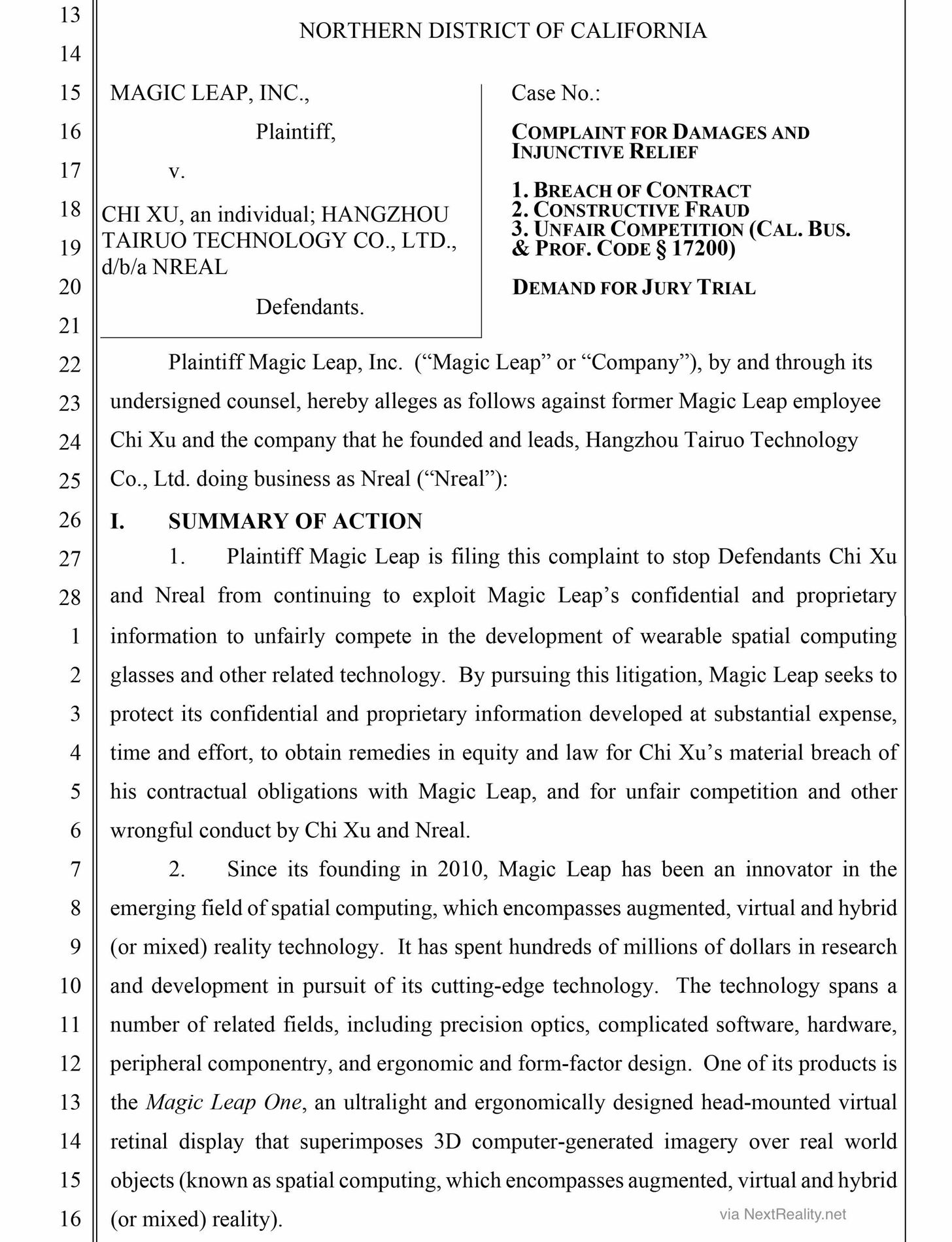
Like Magic Leap One, Nreal Light's frames tether to a computer pack, which delivers 3D content to the smartglasses themselves. Nreal also employs a hand-held controller, similar to Magic Leap. However, Nreal's consumer edition of Light, arriving later this year for $499, relies on users to connect the smartglasses to an Android smartphone running on Qualcomm's Snapdragon 855 chipset. Moreover, in our hands-on with Nreal Light, we found that the experience pales in comparison to Magic Leap One.
Nreal now faces legal challenges on dual fronts, as Epic Games has filed suit against Nreal for trademark infringement in relation to the plaintiff's Unreal Engine brand name.
The case bears a striking resemblance to the suit filed by the now-defunct Meta Company (whose assets have been acquired and reformed as Meta View) against Dreamworld, a startup founded by a former employee.
Meta also alleged stolen trade secrets in that suit, but the case was eventually settled out of court, paving the way for Dreamworld to take orders for its Dreamglass headset.
Magic Leap, with its massive warchest, has weathered its own share of legal challenges.
Meanwhile, while Nreal has significant financial backing, it may be difficult to fend off two legal challenges as it prepares to launch its consumer-grade smartglasses.
Additional reporting by Adario Strange
Just updated your iPhone? You'll find new emoji, enhanced security, podcast transcripts, Apple Cash virtual numbers, and other useful features. There are even new additions hidden within Safari. Find out what's new and changed on your iPhone with the iOS 17.4 update.
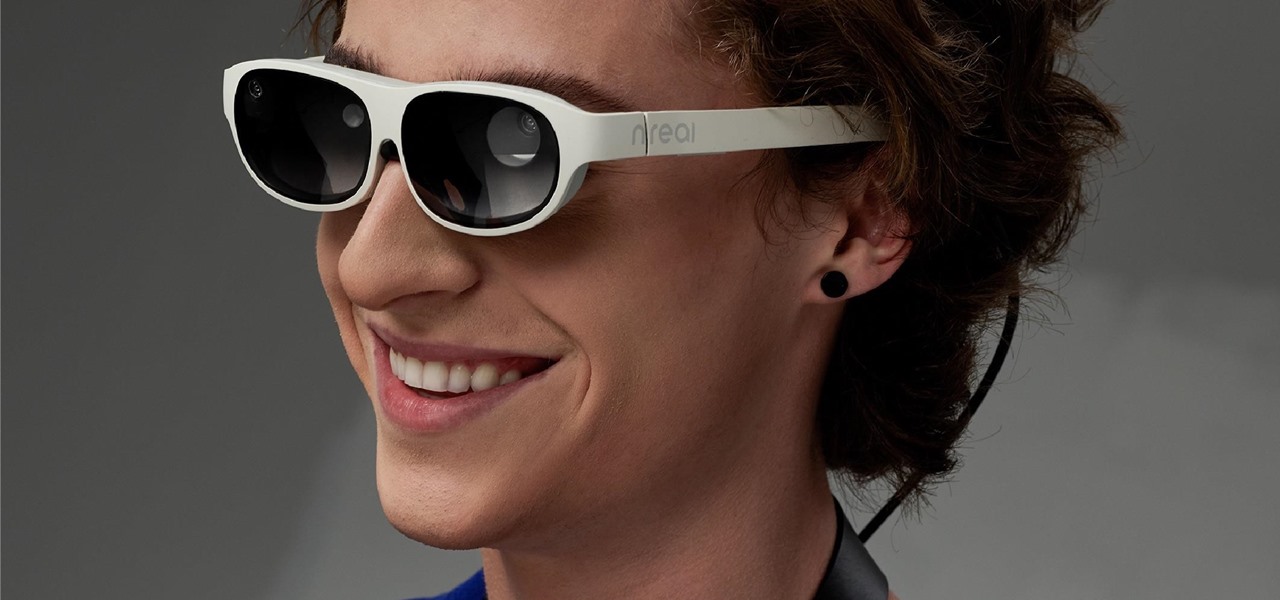


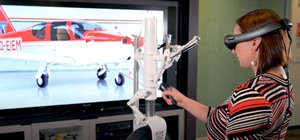
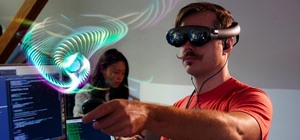


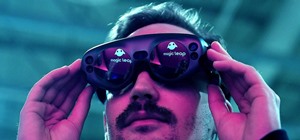







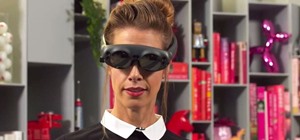
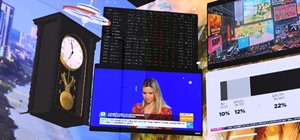
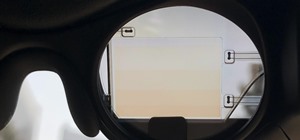
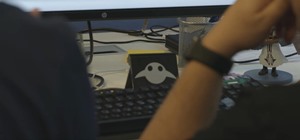
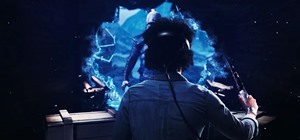
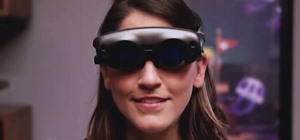

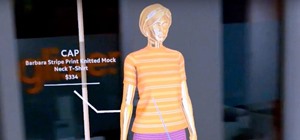
Be the First to Comment
Share Your Thoughts